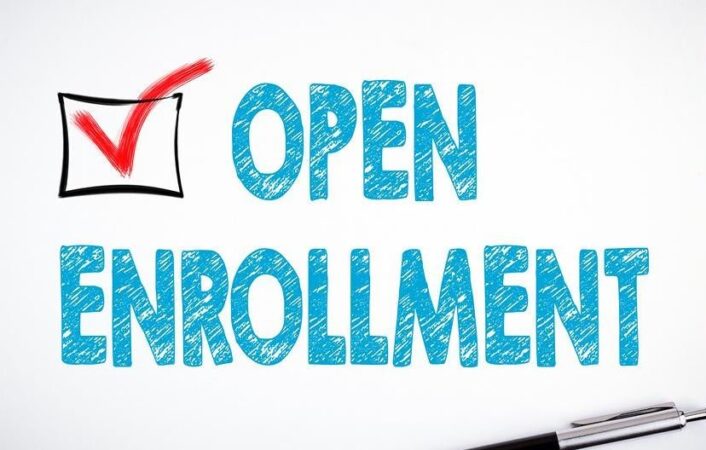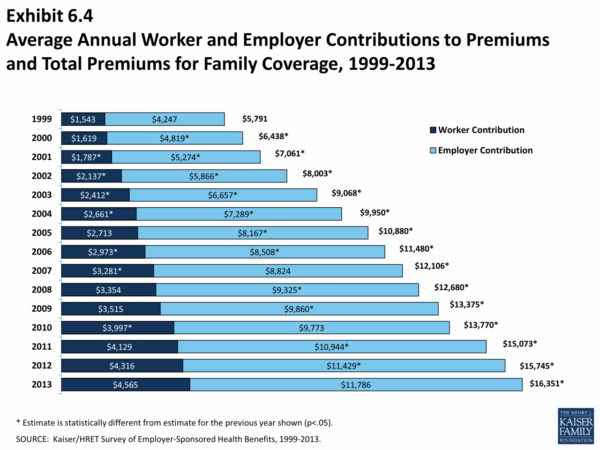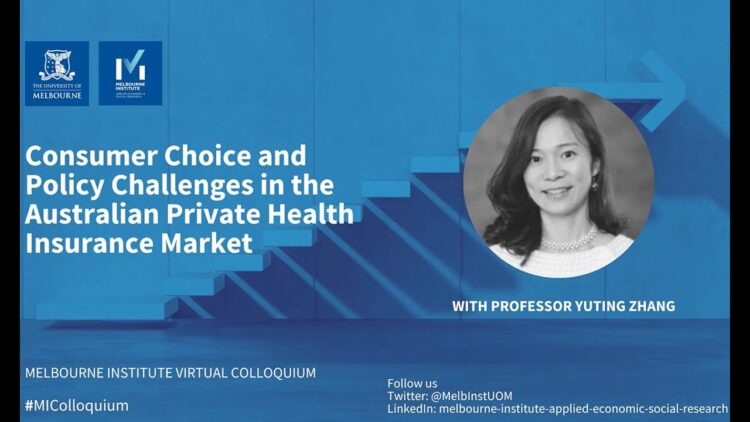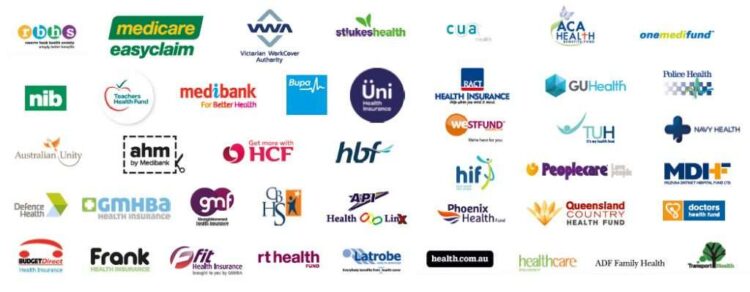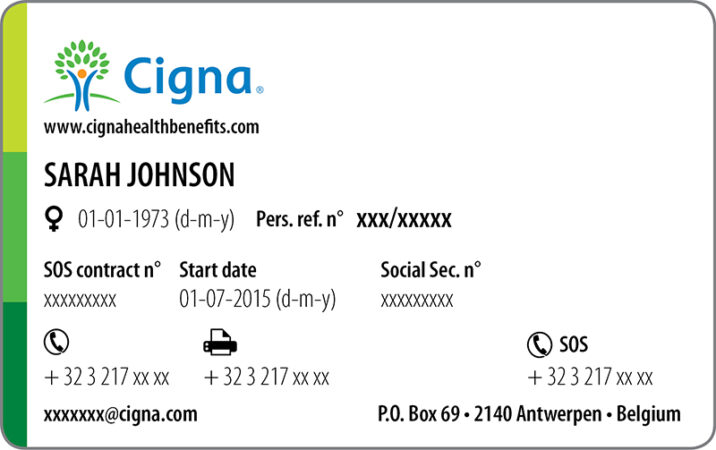
Can you get new health insurance after open enrollment? The answer, thankfully, is often yes! While open enrollment periods are the main time to shop for health insurance, there are several situations that allow you to enroll outside of these set windows. Life changes, such as a job loss, marriage, or the birth of a child, can qualify you for a special enrollment period. Understanding these qualifying events and the enrollment process can help you secure the coverage you need, even if you missed the open enrollment deadline.
This guide will explore the different ways you can obtain health insurance outside of open enrollment, covering both individual and employer-sponsored plans. We’ll delve into the qualifying events, enrollment procedures, and potential challenges you might encounter along the way. By the end, you’ll have a clear understanding of your options and be better equipped to navigate the process successfully.
Understanding Open Enrollment Periods
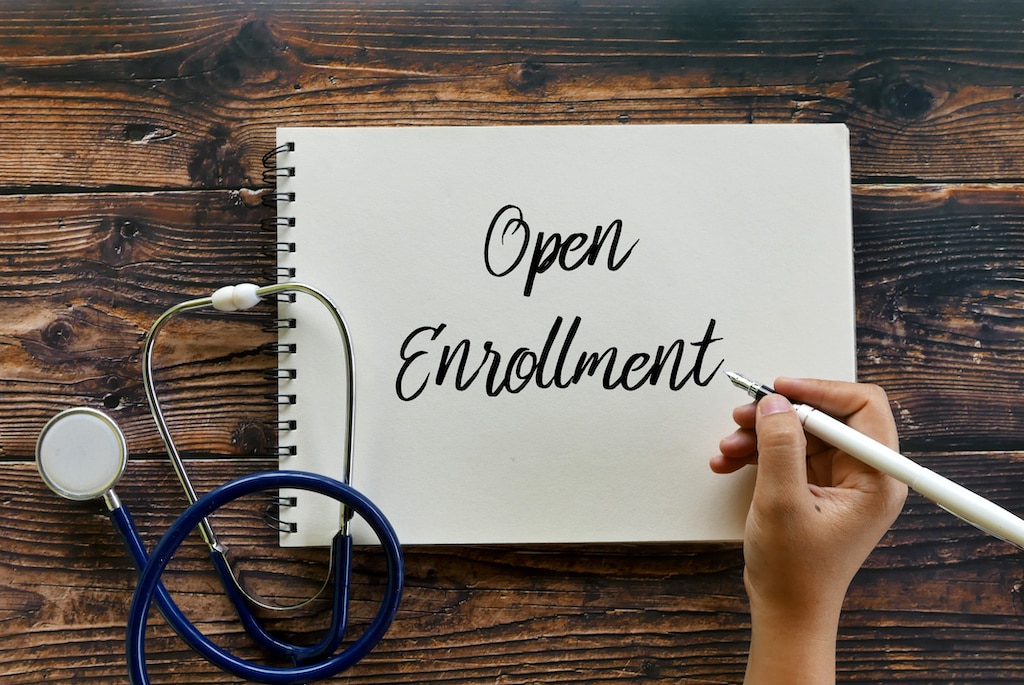
Open enrollment periods are specific times of the year when you can sign up for or change your health insurance plan without needing a qualifying event, such as getting married, having a baby, or losing your job. These periods are designed to give individuals and families the opportunity to assess their health insurance needs and make informed decisions about their coverage.
Open Enrollment Dates for Major Health Insurance Providers
Open enrollment periods for major health insurance providers are typically standardized, but it’s essential to check with your specific insurer for accurate dates.
- Individual Health Insurance Marketplace (Healthcare.gov): Open enrollment for plans sold through the Marketplace typically runs from November 1st to January 15th of each year, with coverage starting on January 1st of the following year.
- Employer-Sponsored Health Insurance: Open enrollment for employer-sponsored health insurance plans usually takes place in the fall, often in November or December. However, the specific dates can vary based on your employer’s policies.
- Medicare: Open enrollment for Medicare Part D prescription drug plans and Medicare Advantage plans typically runs from October 15th to December 7th each year, with coverage starting on January 1st of the following year.
Consequences of Missing the Open Enrollment Period
Missing the open enrollment period can have significant consequences for your health insurance coverage.
- Limited Options: You may have limited options for enrolling in a health insurance plan outside of the open enrollment period. You may only be able to enroll if you experience a qualifying life event, such as getting married, having a baby, or losing your job.
- Higher Premiums: You may face higher premiums if you enroll in a health insurance plan outside of the open enrollment period. This is because insurers often charge higher rates for individuals who enroll outside of the standard enrollment window.
- Gap in Coverage: You may have a gap in coverage if you don’t enroll in a new health insurance plan before your current coverage ends. This could leave you vulnerable to significant financial hardship if you experience a medical emergency.
Qualifying Events for Enrollment Outside Open Enrollment: Can You Get New Health Insurance After Open Enrollment
Open enrollment periods are the designated times of the year when individuals can make changes to their health insurance plans. However, there are situations, called qualifying events, that allow individuals to enroll in or change their health insurance plans outside of open enrollment. These events are typically life-changing circumstances that affect an individual’s health insurance needs.
Life Changes Triggering Special Enrollment Periods, Can you get new health insurance after open enrollment
Qualifying events are significant life changes that allow individuals to enroll in or change their health insurance plans outside of open enrollment. These events are typically tied to changes in an individual’s employment, family status, or residence. Understanding these qualifying events can be crucial for individuals who need to adjust their health insurance coverage due to unforeseen circumstances.
- Loss of Job-Based Coverage: If you lose your job or your employer stops offering health insurance, you have 60 days from the date of job loss or coverage termination to enroll in a new health insurance plan.
- Gaining Job-Based Coverage: If you gain new job-based health insurance, you have 30 days from the date of the start of your new coverage to enroll in a new health insurance plan.
- Changes in Family Status: Events like marriage, divorce, birth, adoption, or the death of a family member can trigger a special enrollment period. These changes can impact your health insurance needs and allow you to adjust your coverage accordingly.
- Moving to a New Area: When you move to a new state or county, you may need to change your health insurance plan to reflect the available options in your new location. You have 60 days from the date of your move to enroll in a new health insurance plan.
- Changes in Income: If your income falls below the threshold for receiving financial assistance with your health insurance premiums, you may be eligible for a special enrollment period to adjust your plan.
- Becoming Eligible for Medicaid: If you become eligible for Medicaid, you can enroll in Medicaid at any time, regardless of the open enrollment period.
- Changes in Health Status: If you experience a significant change in your health status, such as a serious illness or disability, you may be eligible for a special enrollment period.
Documentation Requirements
To prove a qualifying event and enroll in a new health insurance plan outside of open enrollment, you will need to provide documentation to verify the event. This documentation varies depending on the specific qualifying event, but it generally includes:
- Loss of Job-Based Coverage: A termination letter from your employer or a notice of coverage termination from your previous insurance company.
- Gaining Job-Based Coverage: A copy of your new employment contract or a notice of coverage from your new employer’s insurance company.
- Changes in Family Status: A marriage certificate, divorce decree, birth certificate, adoption papers, or a death certificate.
- Moving to a New Area: A change of address confirmation from the post office or a utility bill with your new address.
- Changes in Income: Recent tax returns or pay stubs reflecting your current income.
- Becoming Eligible for Medicaid: Documentation verifying your income and household size.
- Changes in Health Status: A medical diagnosis from a doctor or a disability determination from the Social Security Administration.
Special Enrollment Periods for Marketplace Plans
Special enrollment periods allow individuals to enroll in a Marketplace plan outside of the annual open enrollment period. These periods are designed to ensure that individuals have access to health insurance even if they experience certain life-changing events.
These periods offer flexibility and allow individuals to adjust their health insurance coverage based on their changing circumstances.
Timeframe for Enrollment After a Qualifying Event
Individuals have 60 days from the date of the qualifying event to enroll in a Marketplace plan.
Qualifying Events for Marketplace Enrollment
Qualifying events are specific life events that allow individuals to enroll in a Marketplace plan outside of the open enrollment period. These events include:
- Loss of health insurance coverage: This includes losing employer-sponsored health insurance, losing coverage due to a job loss, or having a plan canceled by the insurer.
- Gaining a new dependent: This includes getting married, having a child, or adopting a child.
- Moving to a new coverage area: This includes moving to a new state or county, or moving to a new area within your state where different insurance plans are available.
- Changes in household income: This includes a significant increase or decrease in income, such as receiving a raise or losing a job.
- Changes in family size: This includes getting divorced or separated, or a child turning 26 years old and aging out of parental coverage.
- Changes in citizenship or immigration status: This includes becoming a U.S. citizen or permanent resident, or losing citizenship or residency status.
- Changes in eligibility for other programs: This includes becoming eligible for Medicaid or CHIP, or losing eligibility for these programs.
- Changes in living situation: This includes being incarcerated or being released from incarceration, or being placed in a nursing home or other long-term care facility.
- Other qualifying events: There may be other qualifying events that are not listed here, such as being a victim of domestic violence or being a survivor of a natural disaster.
Individuals who experience a qualifying event should contact the Marketplace to determine if they are eligible for a special enrollment period.
Employer-Sponsored Health Insurance
Employer-sponsored health insurance is a common way for employees and their families to obtain health coverage. These plans are offered by employers and are often a more affordable option than individual plans.
Enrollment Process for Employer-Sponsored Health Insurance
The enrollment process for employer-sponsored health insurance typically takes place during an open enrollment period, which is a designated time each year when employees can choose their health insurance plans and coverage options.
- During open enrollment, employees are given information about the available plans, including premiums, deductibles, co-pays, and coverage details.
- Employees then select the plan that best meets their needs and budget.
- The employer typically handles the enrollment process, collecting employee information and submitting it to the insurance company.
Changing Plans Outside of Open Enrollment
In some cases, employees may be able to change their health insurance plans outside of the open enrollment period. These situations are typically referred to as qualifying events, and they may include:
- Loss of coverage due to job loss or a change in employment status
- Marriage or divorce
- Birth or adoption of a child
- Gaining or losing dependent coverage
- Moving to a new coverage area
Enrolling After a Qualifying Event
When a qualifying event occurs, employees typically have a limited time frame to enroll in a new health insurance plan.
- The employer will usually provide information about the qualifying event enrollment period and the necessary paperwork.
- Employees must provide documentation to verify the qualifying event, such as a termination letter or a marriage certificate.
- Once the qualifying event is verified, the employee can choose a new plan and coverage options.
It’s important to note that the specific rules and procedures for enrolling in employer-sponsored plans after a qualifying event can vary depending on the employer and the insurance company.
Navigating the Enrollment Process
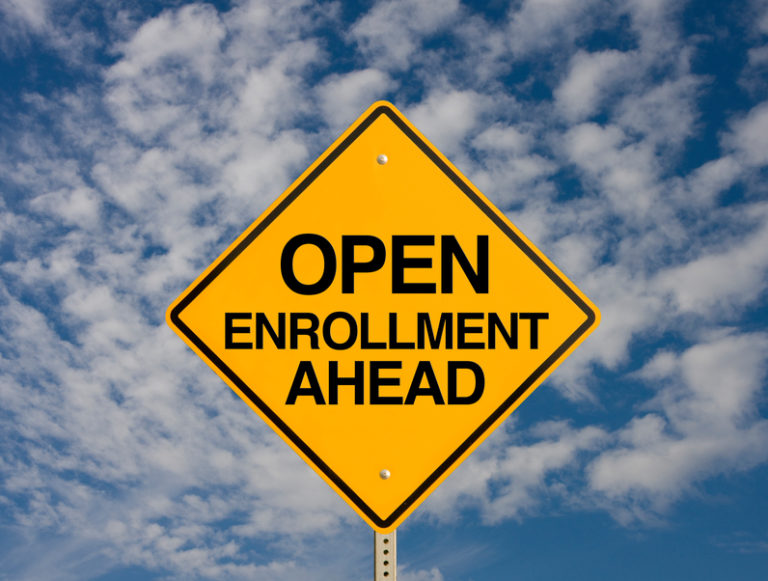
Enrolling in health insurance outside of open enrollment can seem daunting, but it’s achievable with the right information and guidance. Understanding the process, gathering necessary documentation, and knowing your options for assistance can make the experience smoother.
Steps for Enrollment
- Determine Eligibility: The first step is to ensure you qualify for enrollment outside open enrollment. This typically involves experiencing a qualifying life event, such as losing your job, getting married, having a baby, or moving to a new state.
- Choose a Plan: Once you’re eligible, you can choose a health insurance plan that meets your needs and budget. Consider factors like coverage, premiums, deductibles, and copayments.
- Complete the Application: Fill out the application for health insurance, providing accurate and complete information about yourself and your dependents.
- Submit Supporting Documents: You’ll need to submit supporting documentation to verify your eligibility and the information provided in your application. This might include proof of income, proof of residency, or documentation of your qualifying life event.
- Pay Your Premium: After your application is approved, you’ll need to pay your first premium to activate your coverage.
Necessary Documentation
- Proof of Identity: A valid driver’s license, passport, or other government-issued ID.
- Proof of Residency: A utility bill, bank statement, or lease agreement with your name and address.
- Social Security Number: Your Social Security card or a document that includes your Social Security number.
- Proof of Income: Pay stubs, tax returns, or other documentation that verifies your income.
- Proof of Qualifying Life Event: Depending on your qualifying event, you may need to provide documentation such as a termination letter, marriage certificate, or birth certificate.
Role of Brokers and Agents
Health insurance brokers and agents can be valuable resources during the enrollment process. They can help you:
- Understand Your Options: Brokers and agents are knowledgeable about different health insurance plans and can help you compare options to find the best fit for your needs.
- Complete the Application: They can assist you with filling out your application and gathering necessary documentation.
- Navigate the Enrollment Process: They can guide you through the enrollment process, answering your questions and ensuring you understand the steps involved.
Final Thoughts
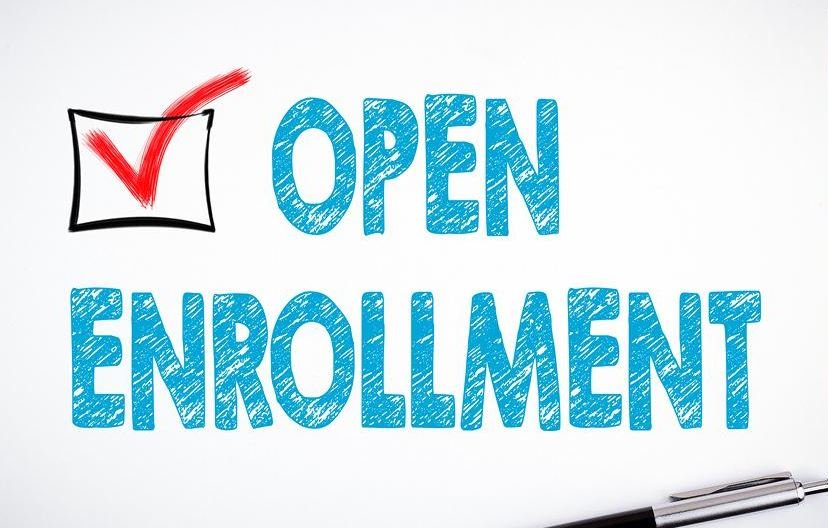
Navigating health insurance outside of open enrollment can seem daunting, but with the right information and preparation, it’s achievable. Remember to carefully review the qualifying events and enrollment procedures for your specific situation. Don’t hesitate to seek guidance from a health insurance broker or agent if you have any questions. Understanding your options and taking proactive steps can ensure you have the health coverage you need, regardless of the time of year.
FAQs
What happens if I miss open enrollment?
If you miss open enrollment, you may be able to enroll in a health insurance plan during a special enrollment period. These periods are triggered by qualifying life events, such as getting married, having a baby, or losing your job.
How long do I have to enroll after a qualifying event?
The timeframe for enrolling after a qualifying event varies depending on the type of plan and the event itself. For example, you typically have 60 days to enroll in a marketplace plan after losing your job.
Can I switch to a different health insurance plan during the year?
In most cases, you can switch to a different health insurance plan during the year if you experience a qualifying life event, such as getting married, having a baby, or moving to a new state.
What if I’m denied enrollment outside of open enrollment?
If your enrollment is denied, you should receive a written explanation outlining the reasons for the denial. You may have the right to appeal the decision.
